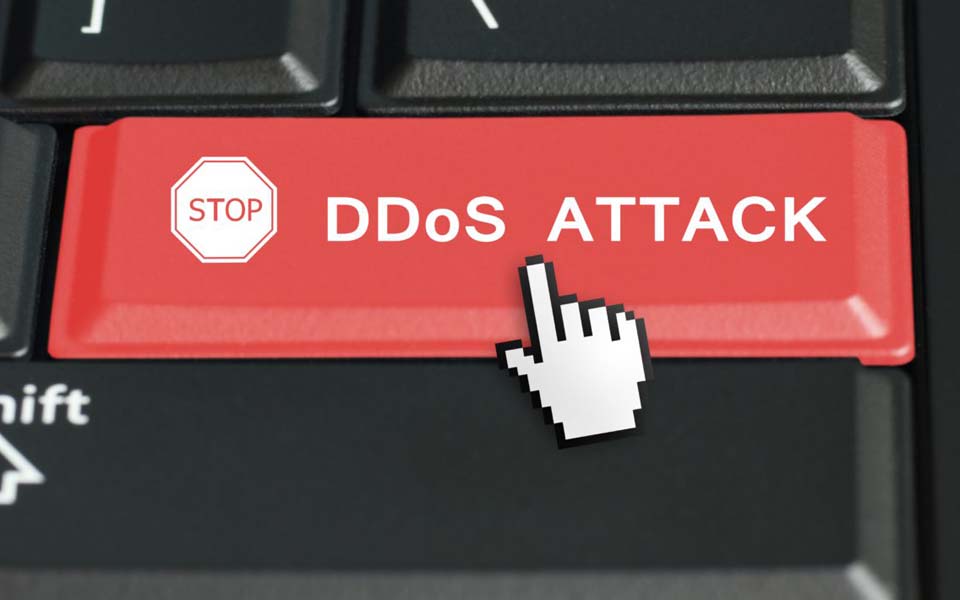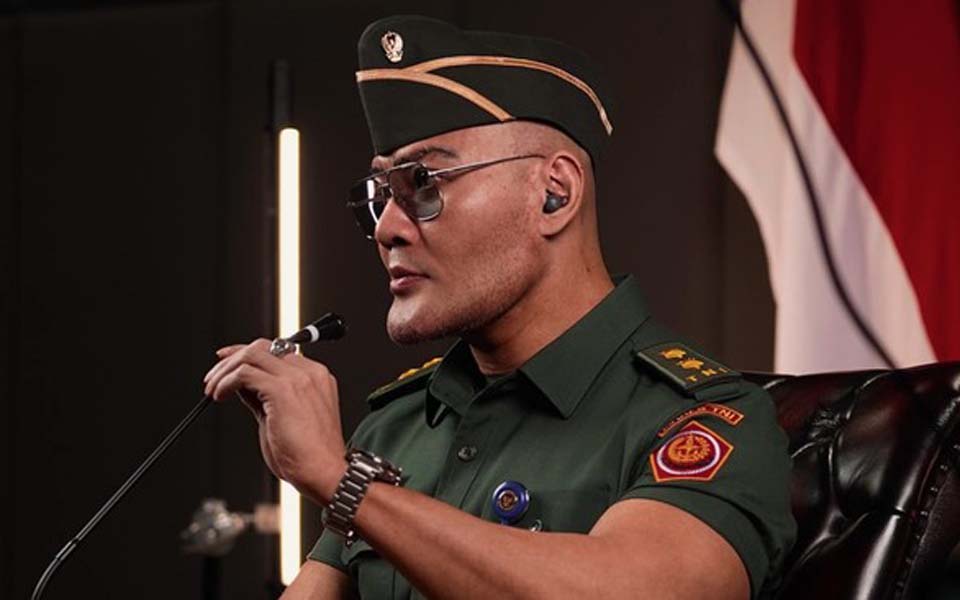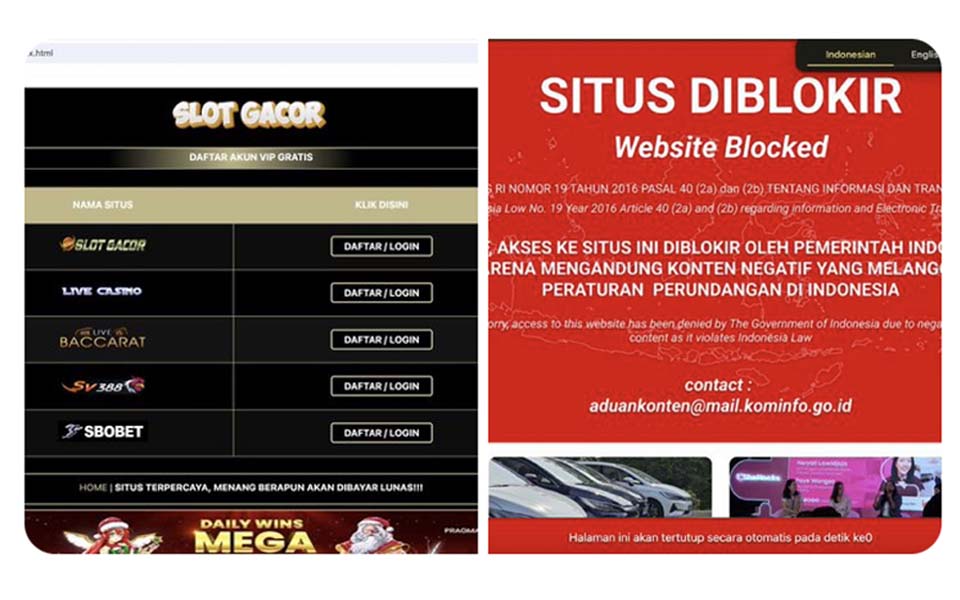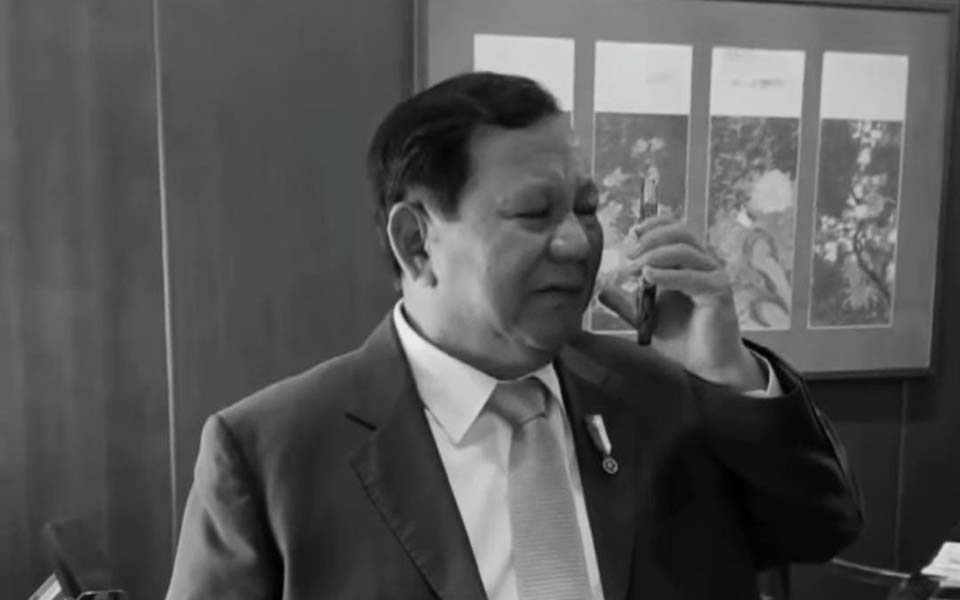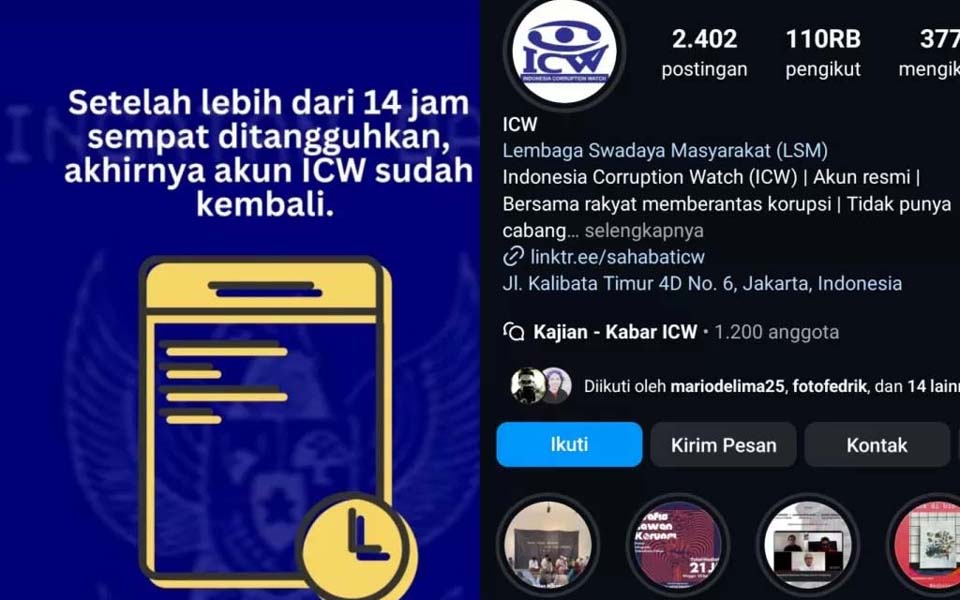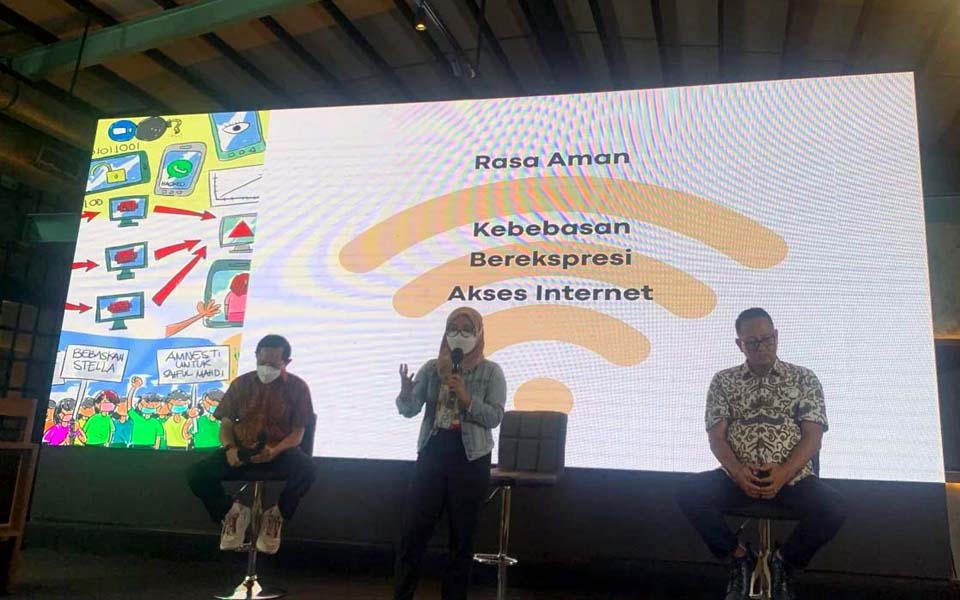Fitraya Ramadhanny, Jakarta – The United States government iused the social networking media in Indonesia, from blogs, Facebook to Twitter, to spread its influence. Additional funds requested by the US Embassy in Jakarta reached US$100,000 or 900 million rupiah.
This was revealed in a cable dated February 12, 2010 from the US Embassy in Jakarta to a US Foreign Affairs Department official named Jared Cohen. As reported by The Guardian newspaper on Wednesday January 19, the cable reveals the US’s strategy to utilise the social media in Indonesia for US interests.
“The US embassy in Jakarta asked for additional immediate funds to utilise the new media and social networks to maximise the online gains for the US President’s visit that was scheduled for late March 2010”, read cable’s summary.
The funds requested amounted to US$100,000 or around 900 million rupiah. “We asked for US$100,000 in funding from R. to push our Facebook fan membership up to 1 million people, and were able to achieve this within 30 days”, read their request.
It was planned that this money would be used in three areas. The first was for advertising costing US$60,000.
“These funds were used to promote the visit and the (Facebook) fan page as a place to study and to provide exclusive advertisement on online portals, advertising banners, YouTube, Twitter and other promotional efforts, including associated bloggers, contests and prizes, and to make use of SMS technology”, read the strategy outline.
The second strategy was with a Golden Ticket valued at US$15,000. The Golden Ticket strategy was to give an opportunity to a lucky Indonesian to meet with President Barack Obama during his visit to Indonesia.
How was the Golden Ticket contest organised? The US Embassy referred to social media platforms in which Indonesians were invited to make a posting saying why they should meet with Obama.
“Utilising social media platforms to connect fans with Obama’s visit, also to build a sense of cheerfulness prior to the visit and follow-ups after the visit. In addition to this, we were able to form a partnership with local TV stations for the finalist event and increase coverage. If the White House does not approve, the alternative is a ‘dream prize” in the form of educational trips to the US”, they explained.
The final strategy was a new media team from the US Embassy that would be assisted by digital marketing specialists. The aim was that the two earlier strategies could be undertaken immediately within a limited time. The cost would come to US$25,000. (fay/nrl)
[Translated by James Balowski.]





